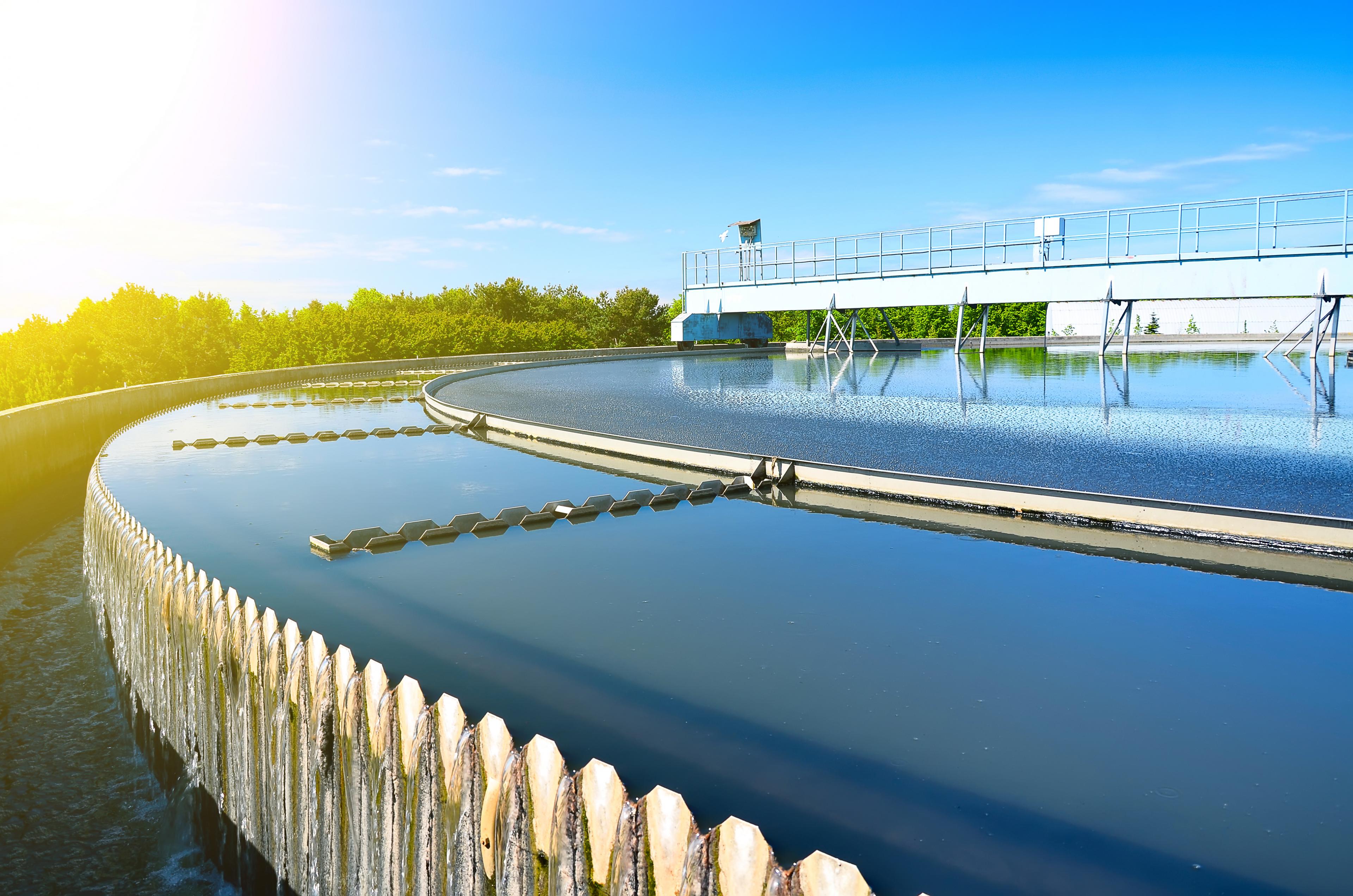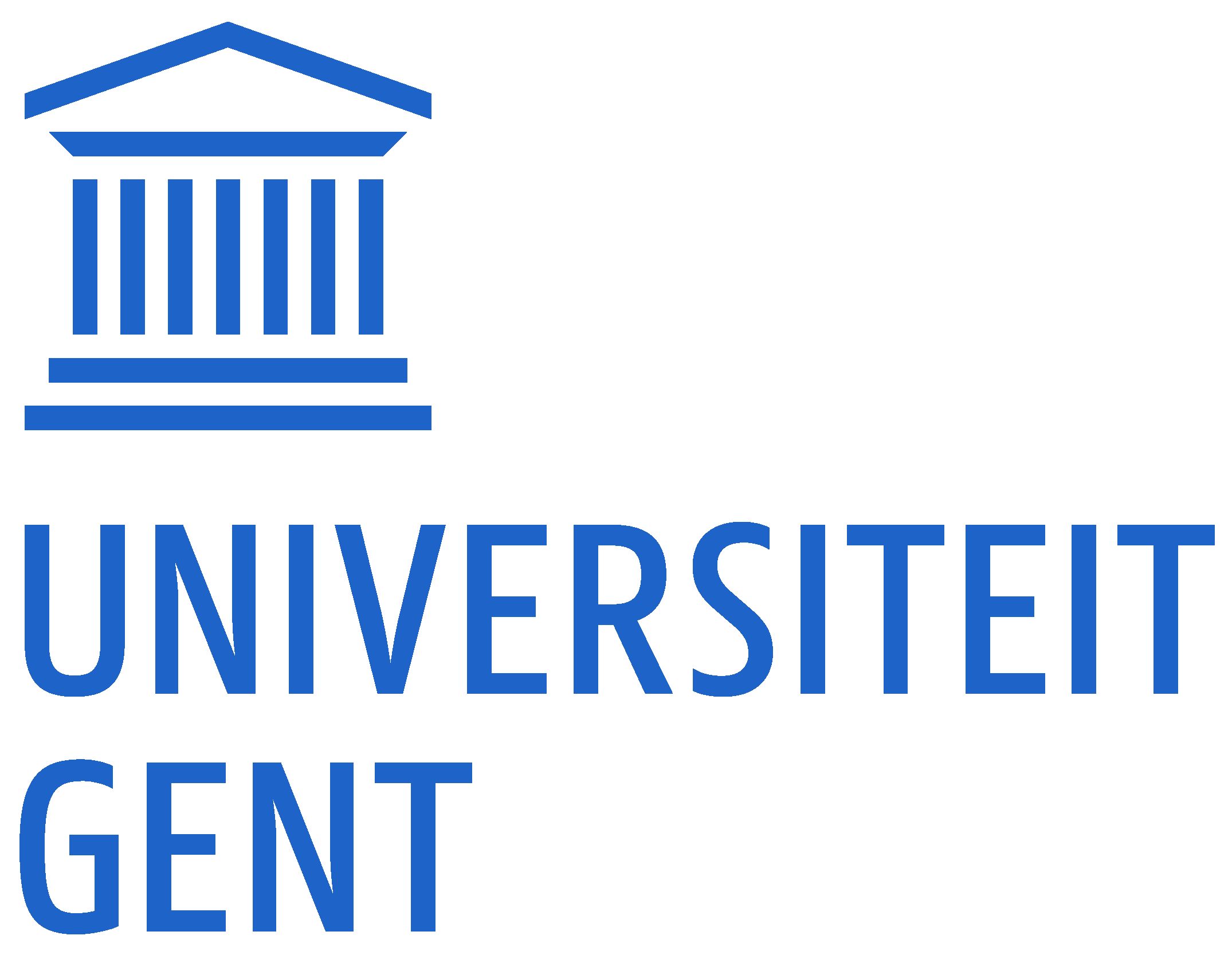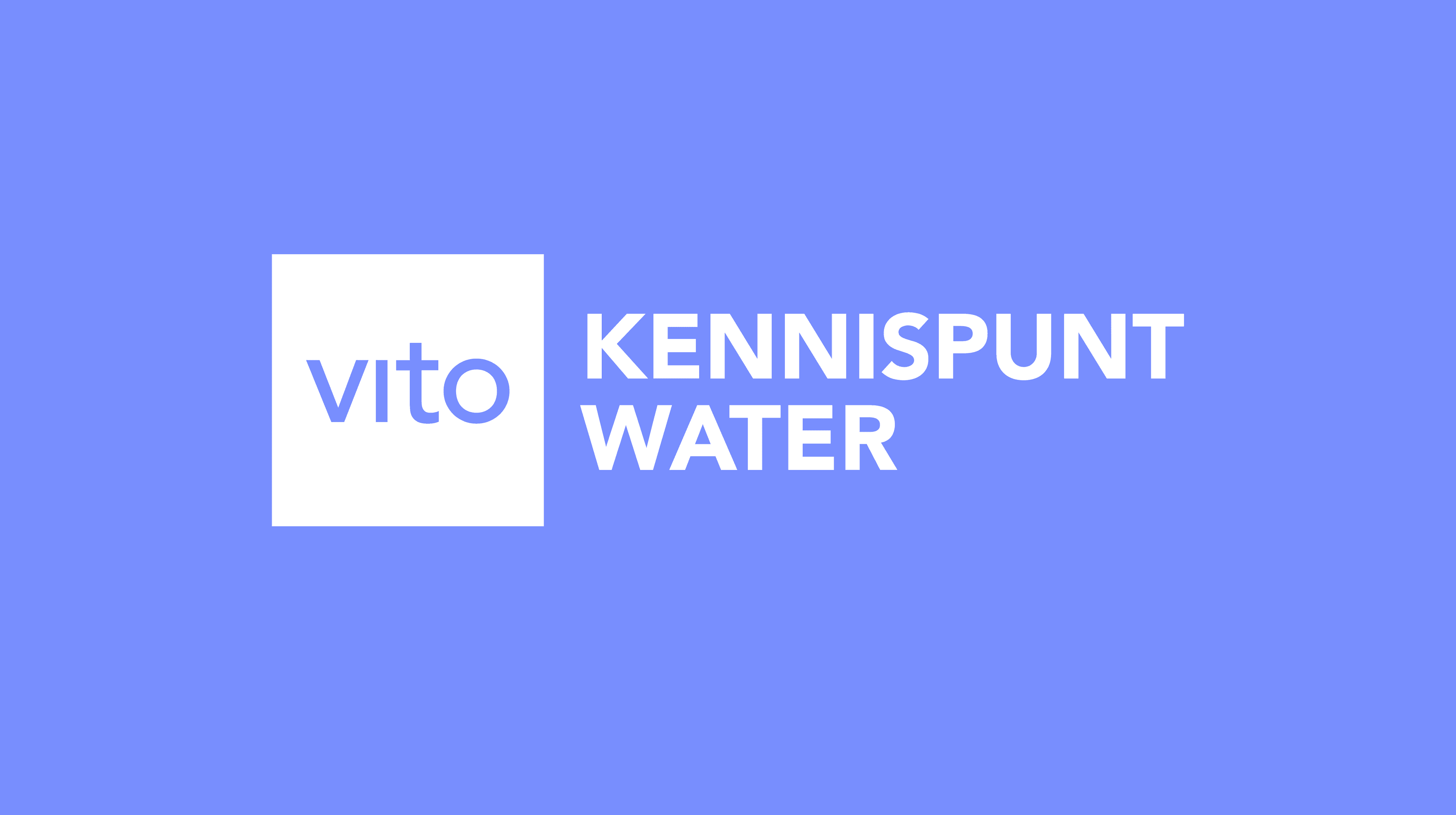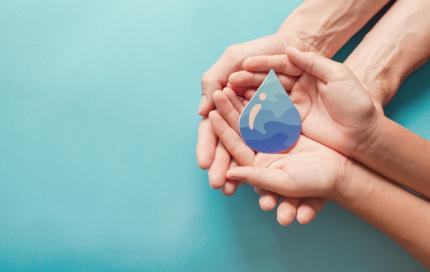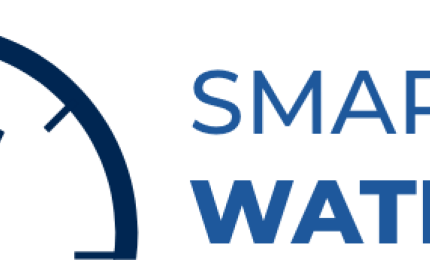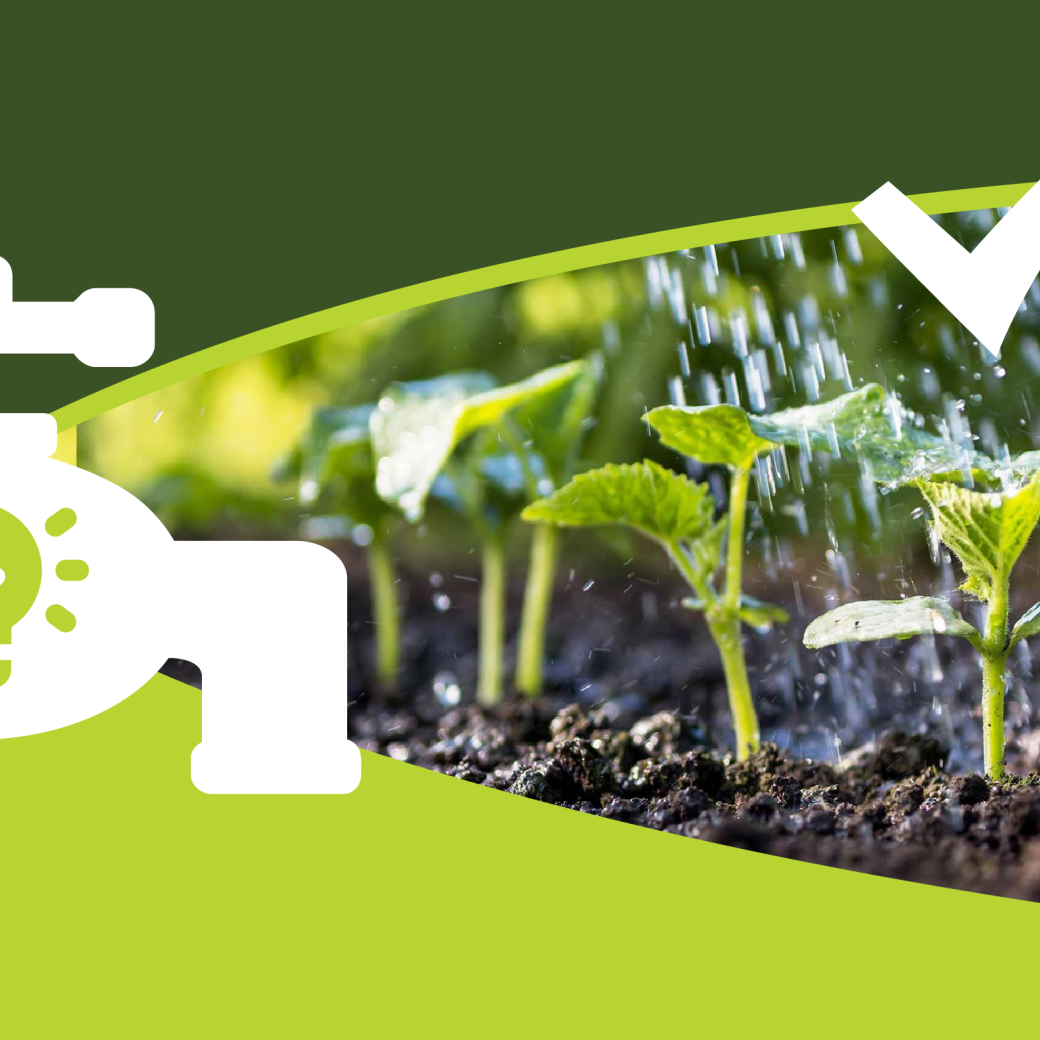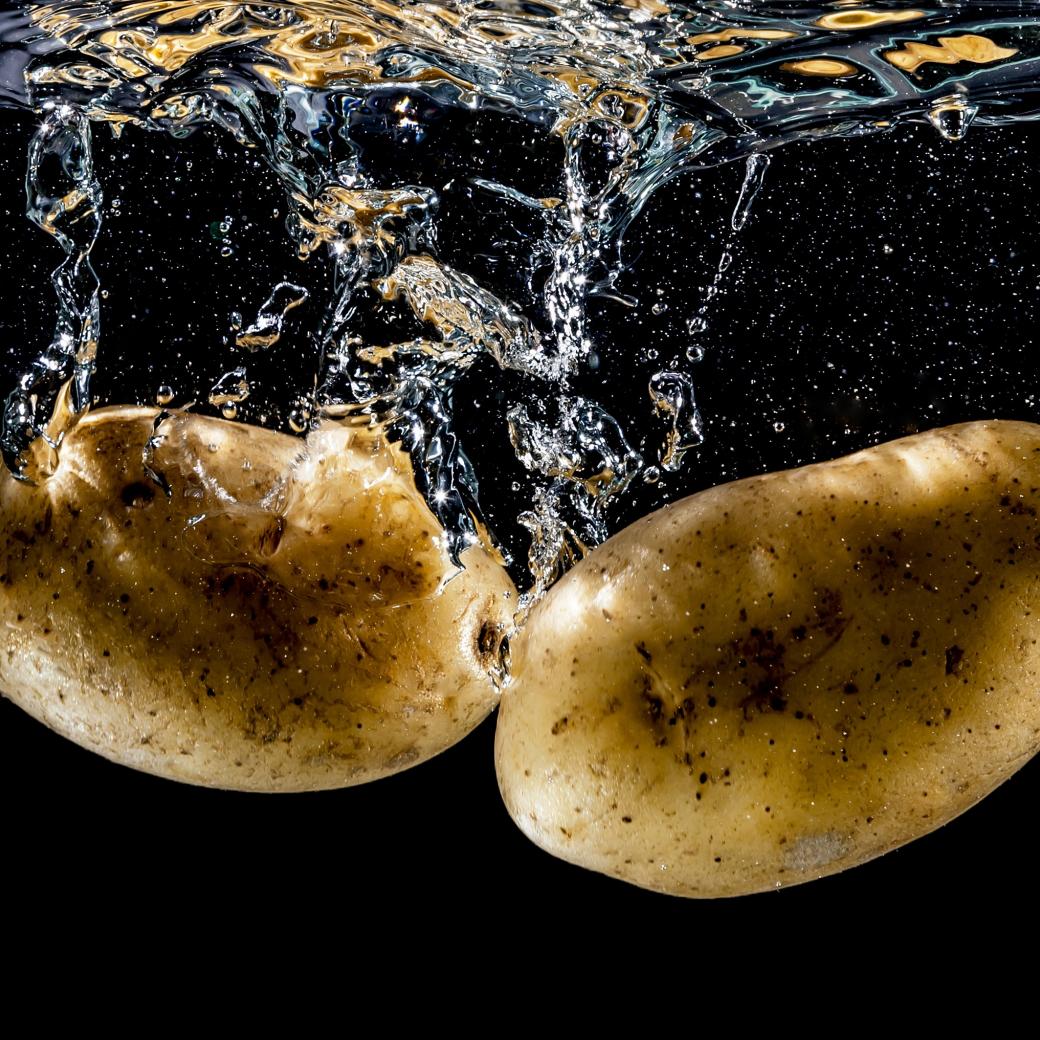The summer of 2021 was clearly very wet. However, we should not forget that the spring and summer months of the previous years (2017- 2020) were actually exceptionally dry. Without any viable alternatives, this is a disaster for the agricultural and horticultural sector. That is why Flanders' FOOD, Vlakwa, UGent, Inagro and VIVES Hogeschool with the support of VLAIO started the Irricoli project. With this project, we are investigating the potential of treated household wastewater as an alternative irrigation source.
Flanders is a water-deficient region
There is little natural surface and groundwater available. Urban development, the intensification of agriculture and climate change are also contributing to this problem.
Water scarcity is therefore an increasing problem in the agricultural and horticultural sector. During planting, the growth phase and just before harvest, the demand for water rises sharply.
For many crops, these phases coincide in late spring and early summer. There is therefore a peak demand for irrigation water in these seasons, while water scarcity has actually increased in recent springs and summers (2017-2020). In addition, climate forecasts indicate that periods of drought and water scarcity will become more frequent during the growing season.
To support the ecological carrying capacity of streams and rivers during these periods of drought, diversion/usage bans were issued at several locations. But the economic damage to the agricultural and horticultural sector was incalculable. The droughts of 2017 to 2020 were therefore recognised as agricultural disasters.
Irricoli
There is, therefore, a need for alternative water sources that can be used as quality irrigation water even during droughts. Possible alternatives include process water from industry, but also treated household wastewater. However, the use of these alternatives is not without risk, both to the farmer economically and to public health and the environment. After all, despite the purification process, household wastewater still carries a microbial load. For this reason, Europe has drawn up a new regulation with strict guidelines on microbiology for the reuse of wastewater as an irrigation source. Moreover, by the summer of 2023, this EU regulation must be translated into the Flemish context by the Vlaamse Milieu Maatschappij (VMM).
The Irricoli project aims to support this translation by exploring the potential of treated household wastewater as an alternative irrigation source for field vegetables. The following research questions are addressed:
-
What is the survival period of pathogens on cauliflower, spinach and green celery after irrigation with this type of water?
-
Is there natural disinfection or fouling when treated household wastewater is stored?
-
How can wastewater be brought cost-effectively from a water provider to the farmer by pipeline? And how can this be framed financially and legally?
